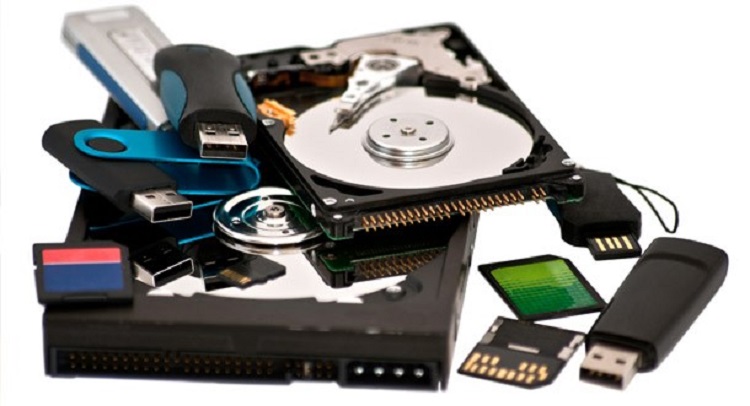Understanding Hard Drive Failure: Causes, Prevention, and Solutions
Hard drives are crucial components in modern computing, serving as the primary storage device for data. However, like any electronic component, hard drives can fail, leading to potential data loss and operational disruptions. This article explores the causes of hard drive failure, preventive measures, and effective solutions to address this common issue.
Table of Contents
Common Causes of Hard Drive Failure
Understanding the root causes of hard drive failure is essential for both prevention and recovery. Hard drives can fail due to several factors:
Mechanical Failures
Mechanical issues are among the most common causes of hard drive failure. These can result from physical damage to the drive’s components, such as the read/write head or platters. Mechanical failures often manifest as unusual noises, like clicking or grinding, and can lead to complete data loss.
Electrical Failures
Electrical problems can occur due to power surges, inadequate power supply, or sudden shutdowns. These issues can cause damage to the hard drive’s circuitry, affecting its functionality. Regular power surges or improper power supply can jeopardize the drive’s health over time.
Environmental Factors
Hard drives are sensitive to environmental conditions. Excessive heat, humidity, and dust can impact their performance and longevity. Drives exposed to extreme temperatures or unstable environments are at a higher risk of failure.
Software Issues
Sometimes, hard drive failures result from software problems rather than physical damage. Corrupted files, faulty system updates, or malware infections can lead to data corruption and drive malfunction. Regular system maintenance and antivirus scans can mitigate these risks.
How to Prevent Hard Drive Failure
Prevention is key to avoiding hard drive failure and protecting valuable data. Here are some effective strategies:
Regular Backups
One of the most crucial preventive measures is maintaining regular backups. Utilize cloud storage solutions or external hard drives to create copies of important data. Regular backups ensure that even in the event of a hard drive failure, your data remains secure and recoverable.
Proper Cooling and Ventilation
Ensure that your hard drive is adequately cooled and ventilated. High temperatures can cause thermal stress and reduce the drive’s lifespan. Use cooling fans or proper airflow systems within your computer case to maintain optimal operating temperatures.
Surge Protectors and Uninterruptible Power Supplies (UPS)
Protect your hard drive from electrical failures by using surge protectors and uninterruptible power supplies (UPS). These devices can shield your hard drive from power surges and provide backup power during outages, reducing the risk of electrical damage.
Regular Maintenance and Monitoring
Perform regular maintenance checks and monitor the health of your hard drive. Tools such as SMART (Self-Monitoring, Analysis, and Reporting Technology) can provide insights into the drive’s condition and alert you to potential issues before they lead to failure.
Solutions for Hard Drive Failure
Despite the best preventive measures, hard drives can still fail. Here’s what you can do if you encounter a hard drive failure:
Data Recovery Services
If your hard drive fails, seek professional data recovery services. Experts can diagnose the issue and employ specialized techniques to retrieve lost data. These services are particularly valuable for severe mechanical failures or complex data loss scenarios.
DIY Data Recovery
For minor issues, you might attempt DIY data recovery using software tools designed to fix corrupted files or recover lost data. Ensure you follow instructions carefully to avoid further damage to the drive.
Hard Drive Replacement
In cases where the hard drive is beyond repair, replacement may be necessary. Ensure you choose a reliable and compatible replacement drive and restore your data from backups. Regularly update your backup strategy to prevent future data loss.
Conclusion
Hard drive failure can be a significant concern, but understanding its causes and implementing preventive measures can greatly reduce the risk. Regular backups, proper maintenance, and protective measures are essential for safeguarding your data. In the event of failure, professional data recovery services and careful handling can help recover lost information. Stay informed and prepared to ensure your data remains secure and accessible.


